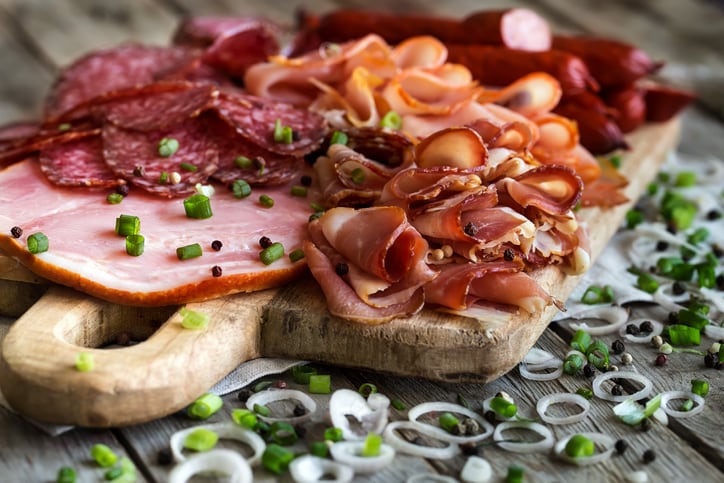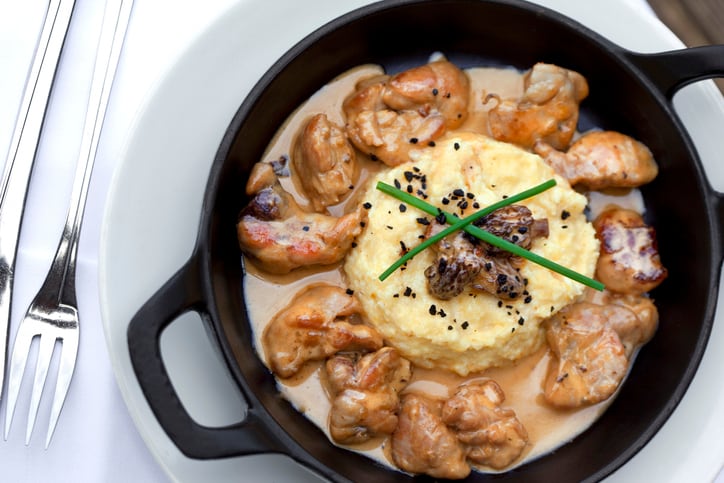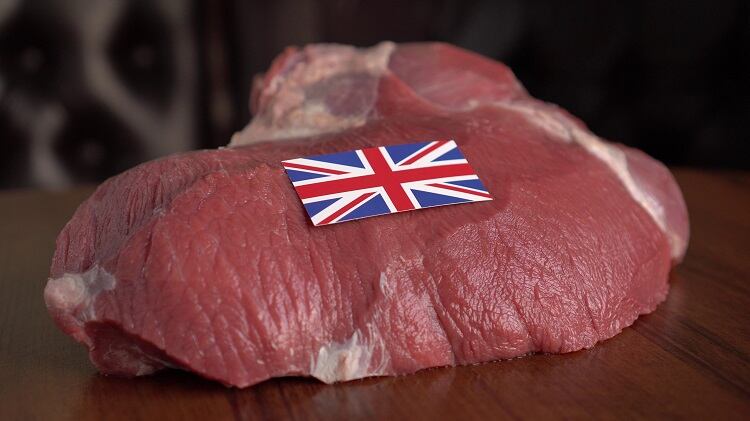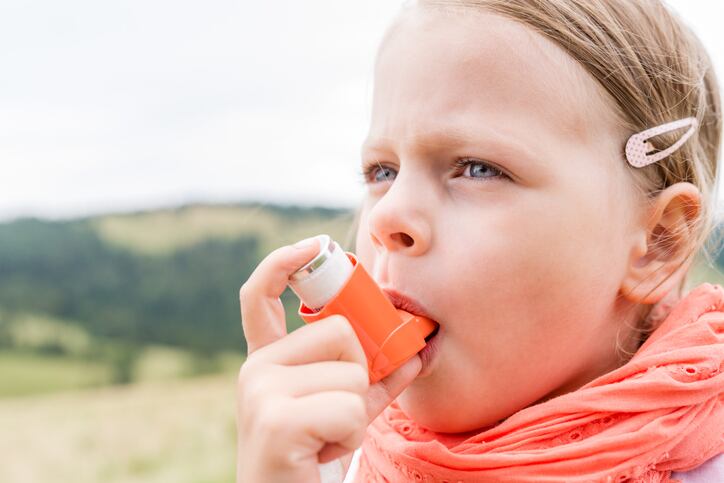The Commission’s cancer strategy published today promises to undertake a review of the promotion policy for agricultural products. This, it added, will be ‘in line with the shift to a more plant-based diet, with less red and processed meat and other foods linked to cancer risks and more fruit and vegetables’.
This is at odds with a leaked version of the Commission’s plan which had suggested a more controversial phase-out from the EU promotion policy for agricultural products was expected for foods linked with cancer risks, such as red and processed meat.
This has frustrated some campaigners who believe red and processed meats enjoy too large a chunk of European promotion programmes. For example, the Commission has recently funded drives to promote beef consumption such as the €4.5 million initiative called Proud of EU beef, and the €3.6 million Become a Beefatarian campaign. This led a group of 34 MEPs to accuse the EC of double standards for proposing at the same time Green Deal goals to reduce emissions and encourage more plant-based diets.
The leaked version of the Commission’s plan had shown ‘clearer intentions to end EU funding for these ad campaigns’ but this section has been ‘watered down’, claims campaigner Greenpeace, which is calling on the Commission to end EU funding of ad campaigns for 'increased consumption of animal products with a harmful impact on public health, the climate and nature'.
Flagship food-related EU measures include:
- Alcohol labelling: Before the end of 2022, the European Commission will come up with a proposal for mandatory labelling of ingredients and nutrition information on alcoholic drink labels.
- Marketing to children: By 2022, it will evaluate EU governments’ efforts to curb children’s exposure to unhealthy food ads.
- Meat promotion: The European Commission will review the EU promotion policy to bring it more in line with healthy eating recommendations, including regarding foods linked to cancer risks, such as red and processed meat. An early draft of the Cancer Plan had suggested the Commission was considering a complete phasing out.
Greenpeace EU agriculture campaigner Sini Eräjää said: "What’s the point of EU plans to beat cancer or tackle climate change if it continues to promote food like meat that makes these problems worse? Don’t tell us you care about climate and health – show us your budget and we’ll tell you if you care about climate and health."
The European Consumer Organisation BEUC also said it was disappointed that some measures on ending EU-funded ads for meat ‘have been watered down in the plan’s final version’.
Monique Goyens, Director of BEUC, said: “With as much as 30% of all cancer cases linked to poor diets, the EU can make a big difference supporting consumers in eating more healthily. The Cancer Plan is a promising step to improve consumers’ access to healthy diets."
But she added: “It beggars’ belief that EU money is still being spent promoting red and processed meat, whereas experts tell us we should be eating less of it to minimise cancer risks. Not only will cutting down on red and processed meat benefit our health, but it will also reduce our food footprint.”
Europe's cancer plan
Europe accounts for a tenth of the world's population, but a quarter of the world's cancer cases. By 2035 cases are set to increase by almost 25%, making it the leading cause of death in the EU. The EC’s €4 billion strategy includes a host of actions addressing cancer. It will look to further reduce the presence of carcinogenic contaminants in food and set maximum levels for more of these contaminants, based on the latest available scientific evidence.
“Diets with ample intake of fruits and vegetables, whole grains instead of refined grains, and low intake of red meat and processed meat, sugar-sweetened beverages, and salt will reduce the risk not only of cancer, but also of cardiovascular disease, diabetes, and overall mortality,” it said.
Alcohol under fire
The EC’s cancer plan also targets alcohol, which it claims accounts for more than 15% of cancer-attributable deaths in men and 30% in women.
The Commission says it will therefore support Member States to implement a wide range of policies such as reductions in alcohol affordability and availability, limits on advertising and promotion, and raising awareness about the risk of alcohol consumption and cancer.
In addition, it will review EU legislation on the taxation of alcohol and review EU tax legislation on the cross-border purchase of alcohol products. A public consultation is currently ongoing on this matter.
It is also proposing a mandatory indication of the list of ingredients and the nutrition declaration on alcoholic beverage labels before the end of 2022 and of health warnings on labels before the end of 2023.





